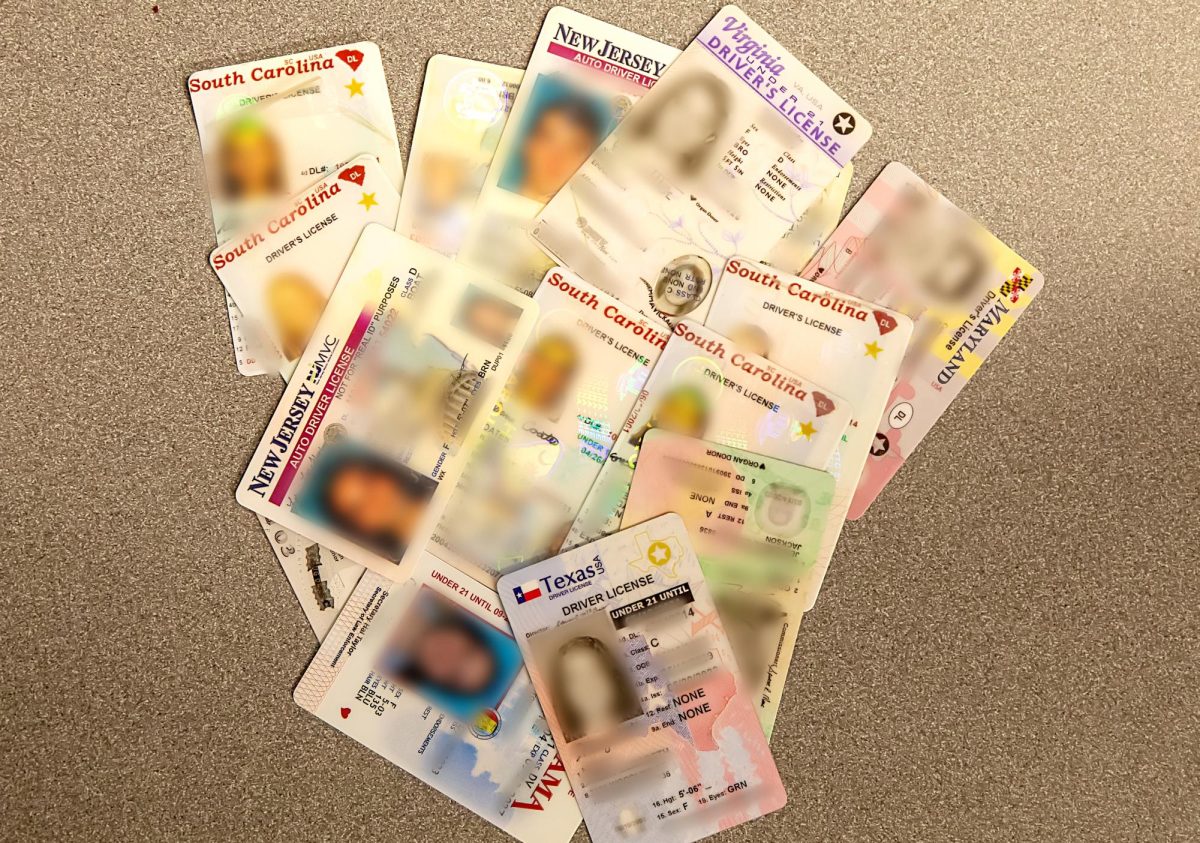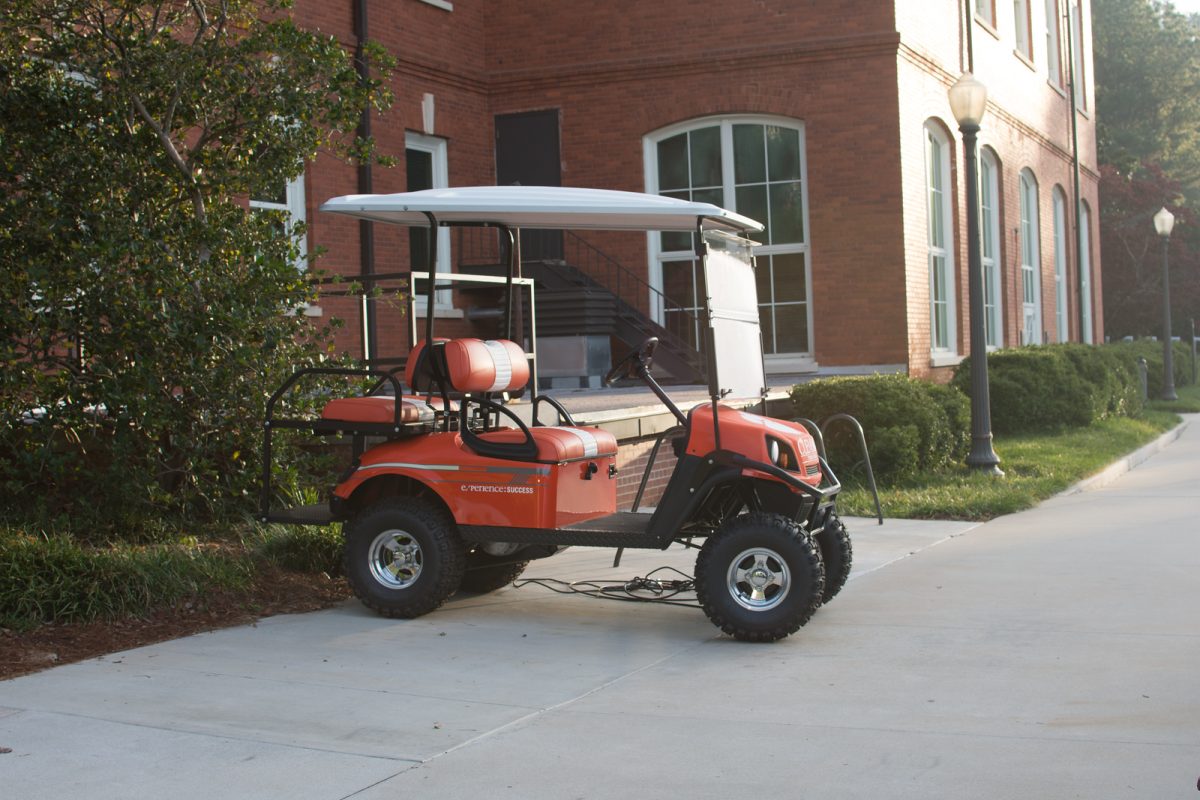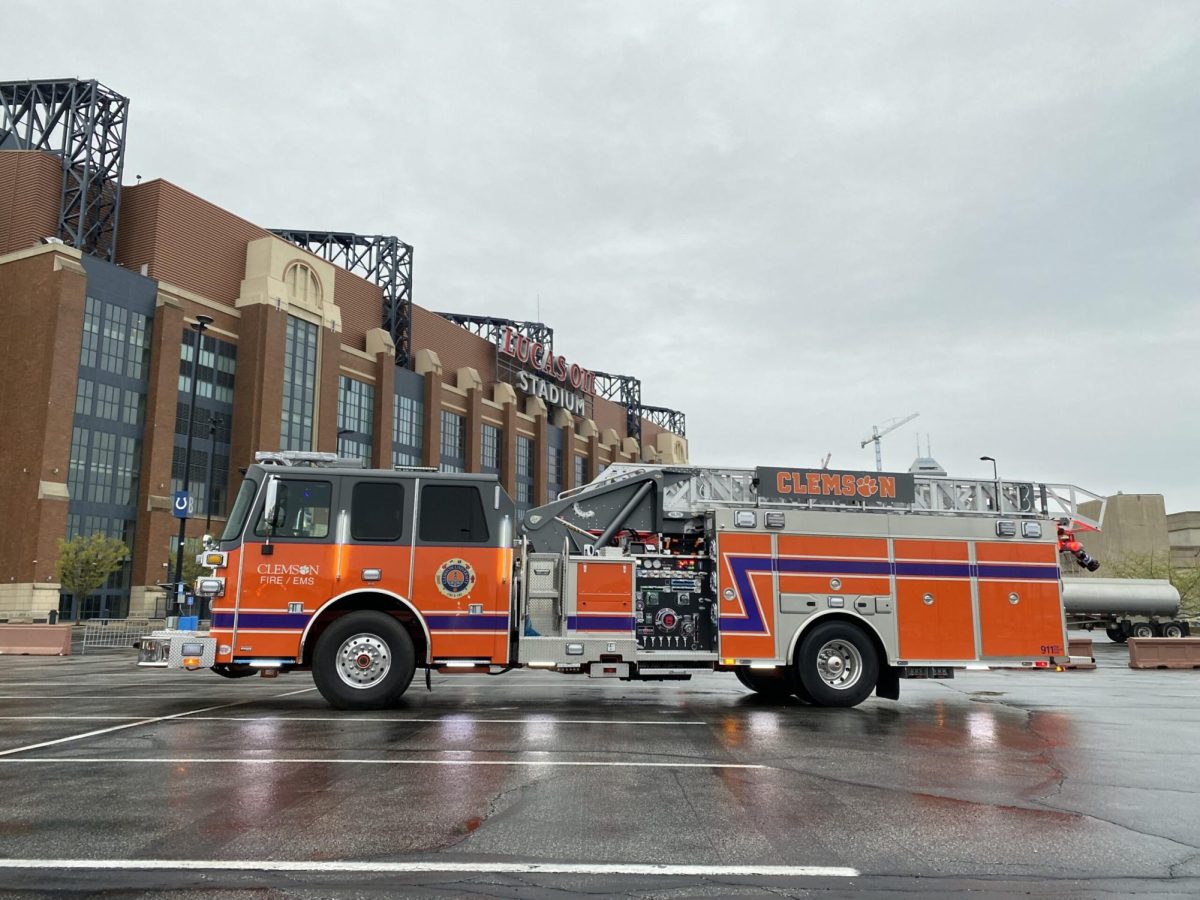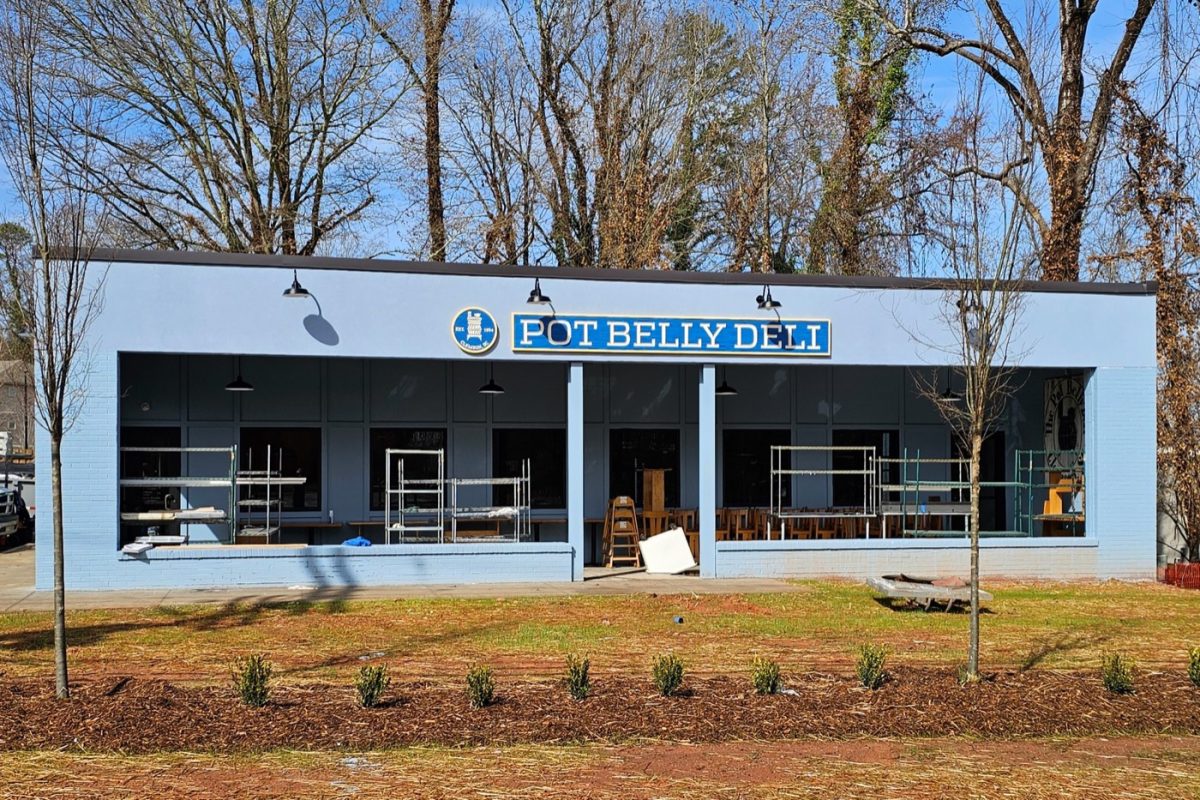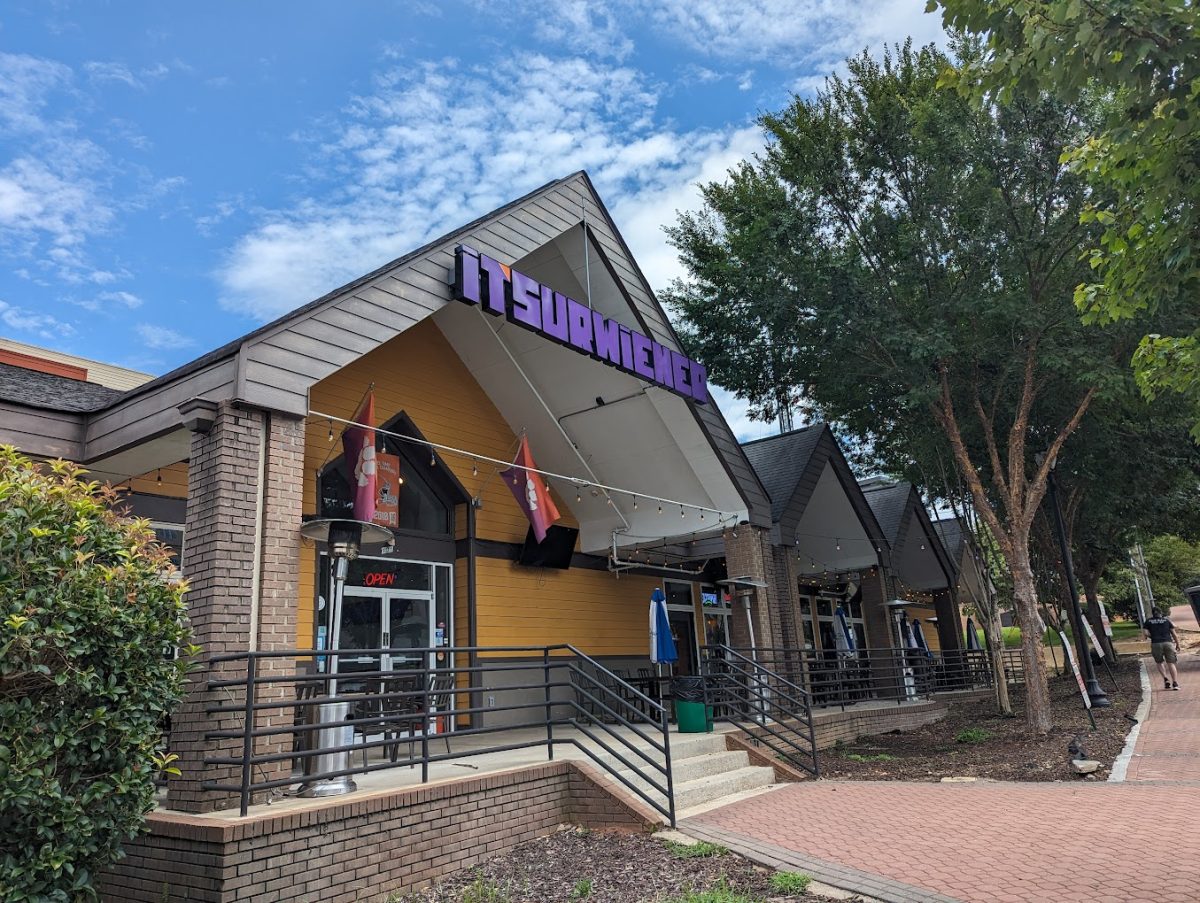With hopes of combating the use of fake IDs in the area, the city of Clemson authorized its police department to sign an agreement to receive funding for an ID scanning pilot program during a Clemson City Council meeting on Jan. 16.
In the meeting, Clemson City Council unanimously approved for Chief of Police Jorge Campos and the Clemson Police Department to sign an agreement with the Phoenix Center, an addiction treatment center in Greenville. The agreement will provide the city of Clemson with $20,000 through a grant funded by the South Carolina Department of Alcohol and Other Drug Abuse Services. The money received from the Phoenix Center will fund the first six months of the pilot program and must be used this fiscal year.
As the subrecipient of the grant funding, the city police will enter a fake ID scanning pilot program with Intellicheck, the company that creates the scanner’s software.
The program will provide up to 15 establishments in Clemson, including bars and convenience stores with liquor licenses, the rights to use Intellicheck’s proprietary mobile app scanning technology, which the software company claims is more accurate than other ID scanners.
Intellicheck claims that its software uses a “robust” database of security features that are hidden in the barcodes on the back of official IDs. This database, Intellicheck claims, is what makes its scanner more accurate than other scanners. Intellicheck’s software produces less than .001% false positive or false negative results when scanning IDs, according to a presentation Campos gave at a city council meeting last October.
During the Jan. 16 city council meeting, Campos said that he’s received feedback from convenience stores that would like to participate in the pilot program, as their current point-of-sale scanners only check the date of birth on IDs and don’t check the validity of the IDs, making Intellicheck’s software especially beneficial for those stores.
Campos initially pitched the pilot program last year after the city of Charleston attempted a six-month pilot program with Intellicheck. Charleston’s pilot program ended in June 2023, flagging nearly 3,400 IDs as fake or expired over the six-month period, according to a press release from Intellicheck.
When discussing the pilot program last year, Campos said fake IDs are a “prolific” problem in Clemson.
In 2022, Clemson police officers handed out 340 charges for liquor law violations, according to the department’s annual crime report. At the start of the spring 2023 semester, there were 45 minor in possession charges in just one week, 37 of which came inside the bars in downtown Clemson.
Further elaborating on the issue, Campos even said that, when pulling people over for speeding, there have been times that a person handed him a fake ID instead of a real driver’s license.
One owner of a well-known downtown bar told The Post and Courier last year that he understands why people are attempting to drink underage by using a fake ID.
“It’s the God’s honest truth, if you’re between 18 and 21 years old and you want to drink in Clemson, you can make that happen,” Tiger Town Tavern co-owner Cameron Farish said. “There’s no repercussion for having that fake ID, so really, why not try? You know, if you’re an 18-year-old, 19-year-old, 20-year-old, why not make an effort? Nothing bad’s gonna happen to you. They’ll just go to another bar that’s not using the scanner.”
Campos added that he is still in contact with Clemson University to see if the school would be willing to help with additional funding for the program after this fiscal year.


